Trump employs tariffs to strike at the red dragon. (People News graphic)
[People News] The rapid escalation of U.S.-China trade tensions into a potential "century trade war" has drawn global attention. Trump has imposed unprecedented tariffs on China, reaching as high as 145%. In response, the CCP raised tariffs on U.S. goods to 125%. However, unlike the U.S., the CCP has focused more heavily on the information and propaganda front, flooding domestic media with nationalistic rhetoric promising to fight the U.S. to the end, along with claims that the American economy is on the brink of collapse.
Recently, Gao Zhikai, former English interpreter for Deng Xiaoping, responded during a foreign media interview about the tariff war by saying: “We don’t care about losing the U.S. market. China has existed for 5,000 years, most of which without the U.S.”
Gao Zhikai was clearly taking a political stance, coming off as a pseudo-intellectual thug. Such statements—contrary to historical and economic logic—nonetheless roll off his tongue easily. This kind of “Wolf Warrior” rhetoric aligns with the CCP’s current antagonistic stance toward the U.S., fits the mold of today’s political correctness in China, and echoes Xi Jinping’s global ambition to challenge the U.S. for dominance.
After U.S.-China diplomatic relations were established in 1979, Deng Xiaoping immediately visited the U.S. On the plane, he told Li Shenzhi, then vice president of the Chinese Academy of Social Sciences and director of the Institute of American Studies:
“The countries that follow the U.S. have all become rich. The countries that followed the Soviet Union have all become poor.”
Over the 40 years of China’s reform and opening-up, the CCP exploited the U.S.'s appeasement policy and globalization to its own benefit, using unfair trade practices to grow stronger. It has since risen to become the world’s second-largest economy. Through what some have called “theft-ism,” the CCP successfully turned China into a manufacturing powerhouse. In contrast, the U.S. has seen its industrial system hollowed out. During World War II, U.S. industrial output accounted for 50% of the global total. Today, China has taken its place, now producing around 30% of the world’s manufactured goods, while the U.S. has shrunk to about 15%. From Xi Jinping’s perspective, this fundamental shift in global economic power confirms his belief in a “rising East and declining West,” rendering Deng Xiaoping’s policy of “hide your strength and bide your time” obsolete and ready for the trash bin.
This is one of the key reasons Xi dares to challenge Trump. On April 10, during a meeting with Spanish Prime Minister Pedro Sánchez, Xi said: “For more than 70 years, China’s development has always relied on self-reliance and hard work. It has never depended on anyone’s charity, and we are not afraid of any unreasonable suppression.” Such ungrateful, bridge-burning, and backstabbing statements—dripping with a confrontational tone—reflect the essence of CCP political culture. This very mindset underpins Xi’s ignorance, shortsightedness, and stubborn determination to confront the United States.
Tang Zhixue, a China scholar at American University, commented: “Xi Jinping’s entire political career has been about preparing China to withstand a situation like this.” “He likely believes that China’s political system is superior to that of the United States because it has stronger cohesion and discipline. He may also believe the Chinese people are willing to sacrifice for the great cause of national rejuvenation.” Meanwhile, Chinese netizens are jokingly—but not without frustration—discussing “how to eat tree bark.” This viral topic has sparked both satire and resignation. Simultaneously, CCP state media earnestly calls on officials at all levels to “tighten their belts.” Xi Jinping believes that the people’s hunger and suffering in wartime are the CCP’s most sacred weapon in defeating the “paper tiger” that is the U.S.
While Chinese exporters and cross-border e-commerce businesses are wailing under the impact of the U.S.-China tariff war, CCP media outlets and official websites are filled with reports of economic prosperity, trumpeting slogans like: “China is winning big in the trade war.” “The U.S. is now panicking and facing the risk of a Great Depression,” and “Trump has triggered a capital market crisis.” These anti-American, mocking takes on Trump’s tariff policies are widely praised by so-called “little pinks” (online nationalists), showcasing a bizarre scene of the “chives loving the sickle.”
However, it’s undeniable that some conscientious economists in China still offer independent views on Trump’s tariff policies. Recently, Professor Xiang Songzuo from Renmin University’s School of Economics boldly shared his views during an investment consultation forum hosted by Cailian Press.
Xiang Songzuo stated that Trump's implementation of reciprocal tariffs on more than 100 countries marks the most significant shift in global trade in over a century. Upon further reflection, it can be concluded that Trump's actions, along with his team's, represent a carefully considered decision, grounded in thorough systematic analysis. Xiang Songzuo believes that Trump and his team have genuinely recognized the potential and profound crisis confronting the American economic system. He encapsulates this situation as the three transformations of the American economy. The first transformation is hollowing out, which describes the gradual decline of American industrial strength since World War II. The United States' victory in World War II was largely due to its status as the world's unparalleled industrial manufacturing powerhouse. However, following the General Agreement on Tariffs and Trade, American industry has been relocating to other countries, particularly to China since the 1980s, resulting in American industrial output now being less than half that of China. The second transformation is consumerization, with American consumption still representing 32% of the global economy. The third transformation is financialization; post-World War II, the U.S. dollar emerged as the global reserve currency, acting as the anchor for international finance and trade. Wall Street's stock and bond markets are the largest financial markets worldwide, accounting for over half of the global total.
Xiang Songzuo discussed how the three transformations of the American economy have pleased Wall Street elites, but they have also led to three significant social issues. First, an increasing number of low-educated individuals are struggling to find good jobs, particularly in regions like the Rust Belt. Second, there is a growing disparity between the rich and the poor; while Wall Street has amassed great wealth, the average citizen's income remains quite low. Third, there is the issue of fiscal deficits in various countries. Trump and his team have recognized these challenges, which is why they are working to reshape the global trade order. This effort aligns with the core value of MAGA, as America aims to reclaim its status as an industrial powerhouse reminiscent of the World War II era.
Xiang Songzuo believes that many people today perceive Trump as having lost his mind, but he argues otherwise. We should show sufficient respect for Trump and his team, as they have pinpointed the fundamental issues plaguing the American economy. He further noted that Trump's tariffs appear to be a declaration of war on the world, but the real focus of these tariffs is China. The core aim is to target China directly, which means that numerous export enterprises in China will face dire challenges. What will these export companies do? Honestly, I have no idea. Xiang Songzuo also frankly acknowledged that China's economic model is unsustainable, as the share of disposable income relative to GDP is the lowest globally, at under 40%, which is even lower than that of India and Brazil. This highlights a profound imbalance within our economy.
As the Chinese Communist Party (CCP) publicly condemned Trump and the United States, it was a rare occurrence for an economist within the system, like Xiang Songzuo, to express some truths in public. During the 2018 Trump 1.0 tariff war, Xiang Songzuo also delivered a public speech in which he stated that the CCP had made serious misjudgments in three key areas: 'China's economic downturn,' 'the China-U.S. trade war,' and 'the severe impact on private enterprises,' all of which warranted deep reflection. The video of this speech was swiftly removed by the CCP's Publicity Department.
Xi Jinping and the CCP are resolutely committed to engaging in a tariff war with the United States, which is expected to push the CCP's economy over the edge. Several international forecasting agencies predict that China's economy will decline by approximately 1-2.5% this year. Since Xi Jinping took office over a decade ago, he has maintained a high-profile opposition to the West, repeating the mistakes of a planned economy. The CCP's economy is already in a precarious state. This time, Xi Jinping is determined to engage in a hot war with the United States. Will this banner of nationalism ultimately serve as a shield for him to deflect responsibility for the economic downturn, or will it become the final straw that breaks Xi Jinping? We will wait and see. △
(First published by People News)

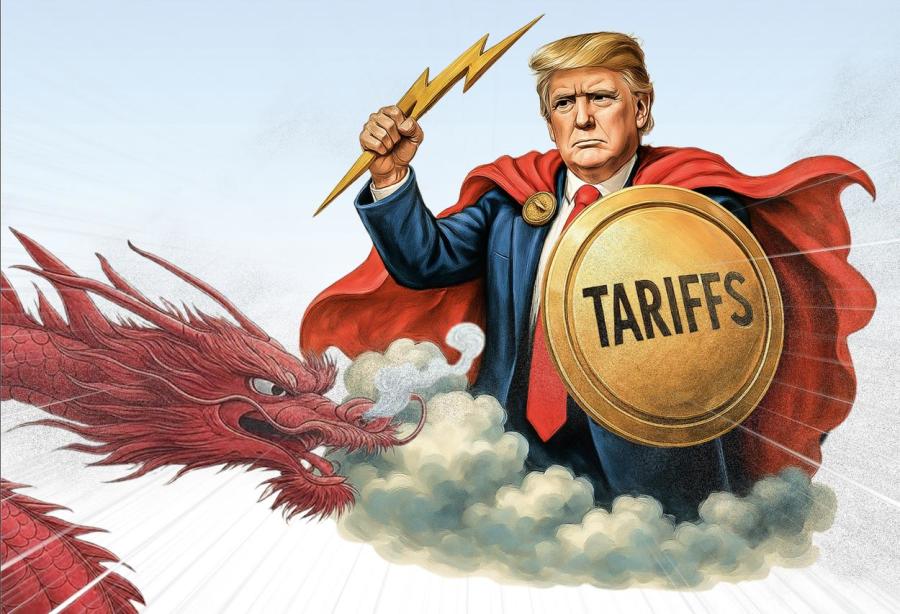
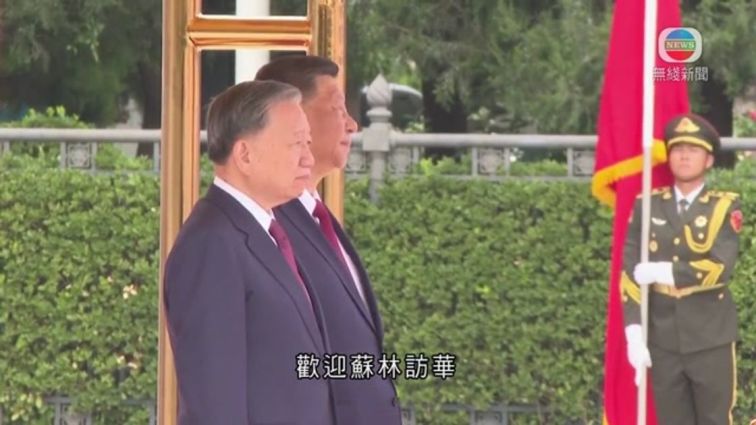

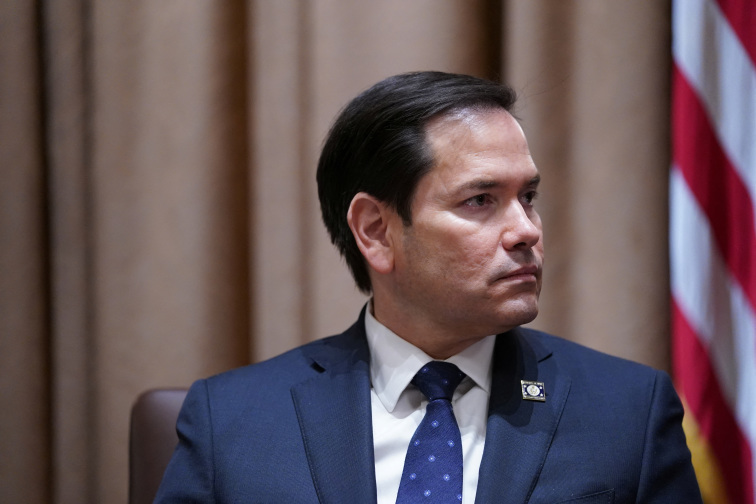
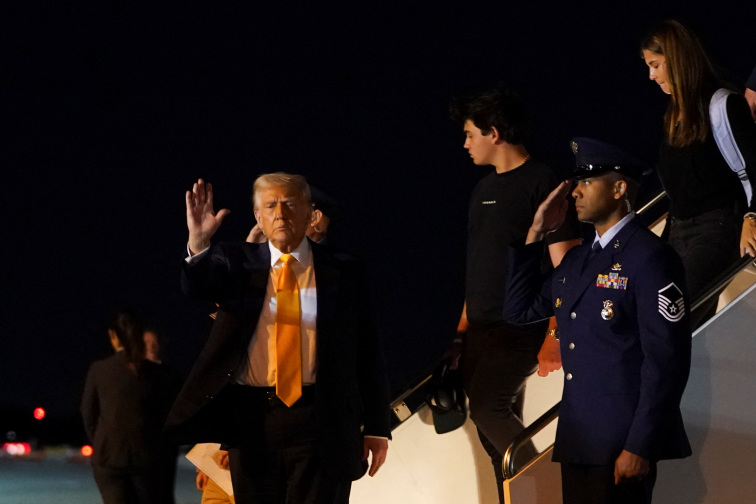
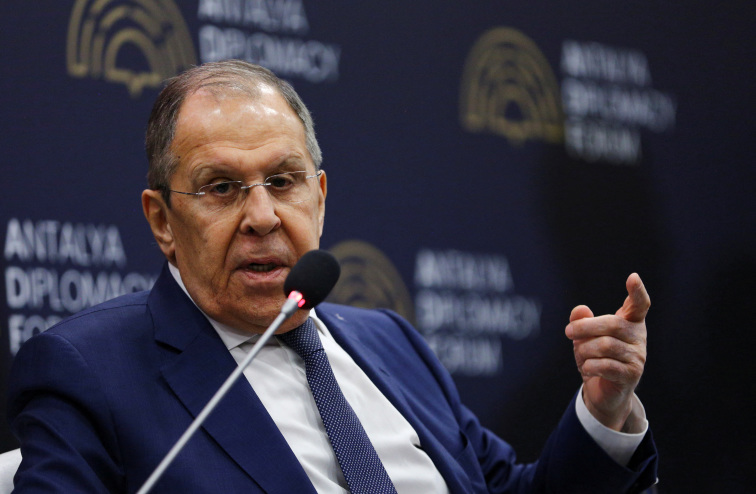


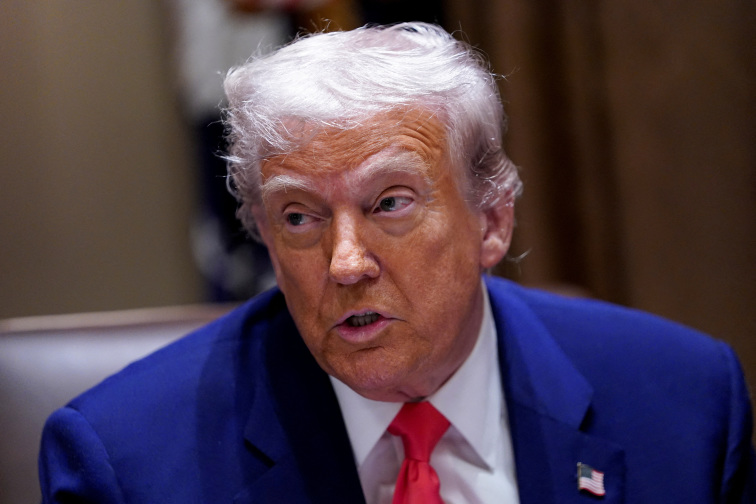

News magazine bootstrap themes!
I like this themes, fast loading and look profesional
Thank you Carlos!
You're welcome!
Please support me with give positive rating!
Yes Sure!